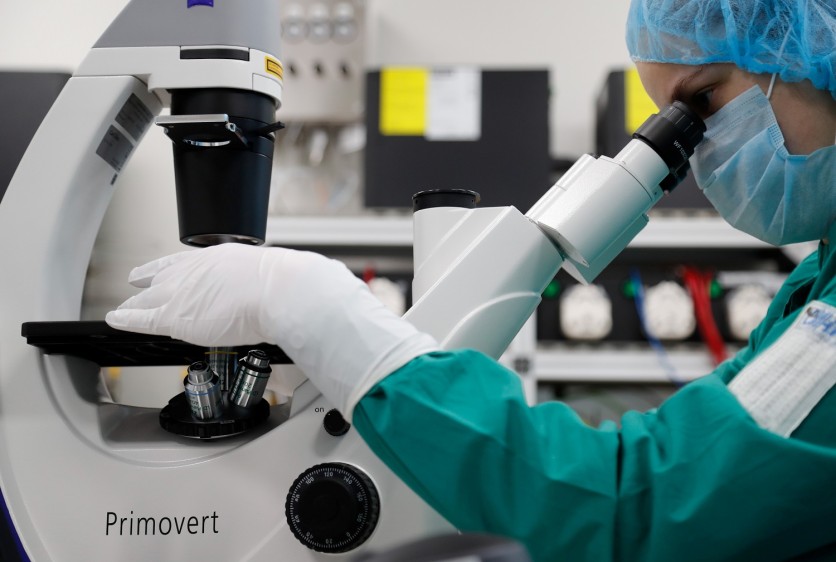An American scientist said that governments should not rely on having a reliable COVID-19 vaccine anytime soon when deciding whether to ease the coronavirus restrictions. They should, instead, focus on managing the disease.
Instead of waiting for a vaccine, scientist William Haseltine who researched cancer, HIV/AIDS, and the human genome urged the government to focus on having careful contact tracing and strict isolation methods to better manage the virus, according to an interview with CNN's Elizabeth Cohen.

Haseltine pointed out that even without an effective treatment or vaccine, the virus can be controlled by the detection of infections, tracing the exposed people, and isolating them. He also highlighted the significance of wearing masks, washing hands, cleaning surfaces, and social distancing.
HIV scientist criticizes coronavirus vaccine; Urges governments to focus on social distancing
He pointed out the success of these measures in Asian countries like China, South Korea, and Taiwan, although the same cannot be said for the United States, Russia and Brazil where not enough rigidity has been applied to "forcibly isolate" those who have been exposed to the virus.
Meanwhile, Haseltine said he would not count on a COVID-19 vaccine anytime soon. According to the scientist, previously developed vaccines for other types of coronavirus failed to protect the mucous membranes as the virus typically enters the body through the nose.
While animal testing of some COVID-19 vaccines has shown success in reducing the virus in the lungs, the infections have remained in the body. Also, some countries are now testing various treatments like infusing patients with antibody-rich plasma from COVID-19 patients who have recovered from the illness.
Meanwhile, pharmaceutical companies are working at producing refined and concentrated versions of the serum, called hyperimmune globulin, said to be "the first real treatments" for COVID-19.
Making a vaccine takes years
While pharmaceutical companies race to develop vaccines against the coronavirus, experts say the time constraint may derail efforts to raise questions on the drug's security and effectivity.
Normally, TechTimes said a vaccine takes about 10.7 years to create and has a 6% market entry probability. However, researches about a coronavirus vaccine have been moving at a remarkably rapid rate. Some companies are claiming to release one in as soon as 18 months.
"People are moving very, very quickly with this," said Walter Orenstein, associate director of the Emory Vaccine Center in Atlanta to the WallStreet Journal. Orenstein added that he has not seen any vaccine that has been developed within such a short period as identifying the pathogen takes years.
Moderna's success
TechTimes reported earlier this week that American firm Moderna has now moved on Phase 2 after its COVID-19 vaccine had 100% success in phase 1 of its human trials.
The biotechnology company has been developing a new vaccine and claimed successful results as all patients developed antibodies against the virus. It is now moving on to the next phase which involves 600 volunteers that may expand to 1,000 in July.
Public health officials vow to thoroughly evaluate the data before releasing the vaccine for public use, which may be within the year or early 2021.
According to the Boston Globe, Moderna's stock price rose by 20% hours after releasing a press statement about the finding. By the end of the day, the biotech company helped in driving a 4% stock market increase.
ⓒ 2025 TECHTIMES.com All rights reserved. Do not reproduce without permission.




